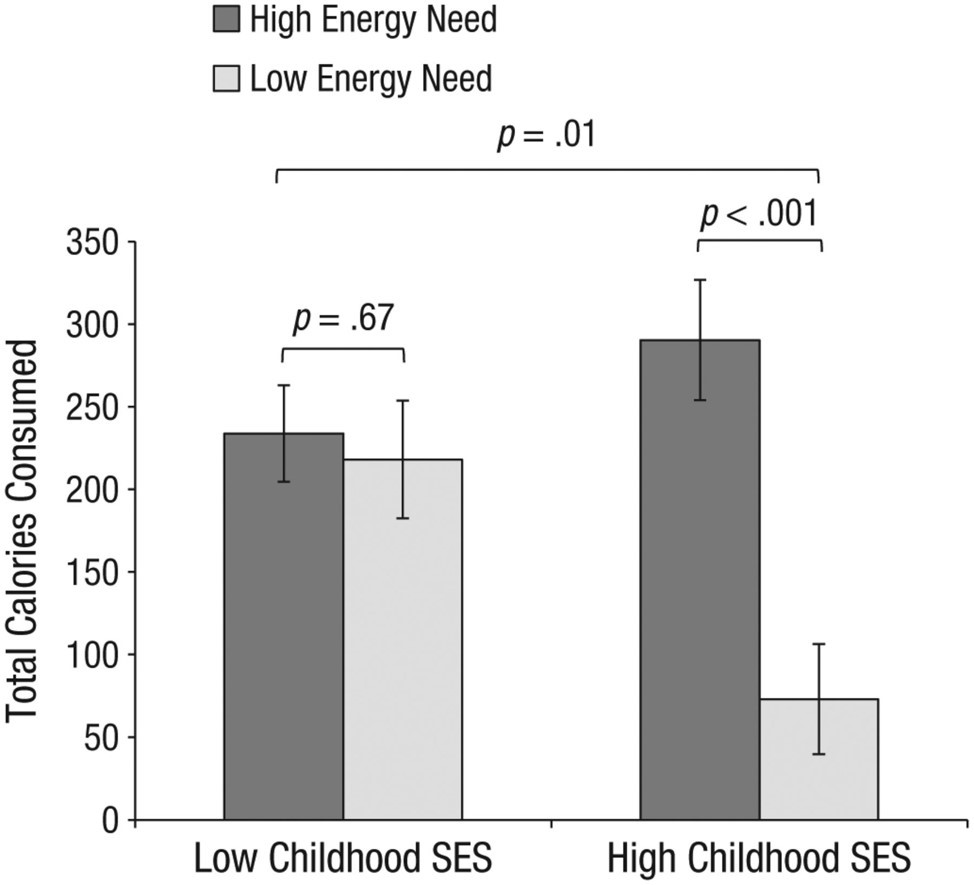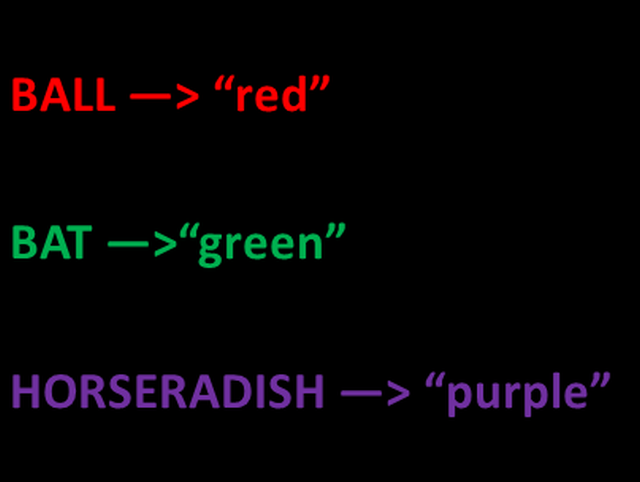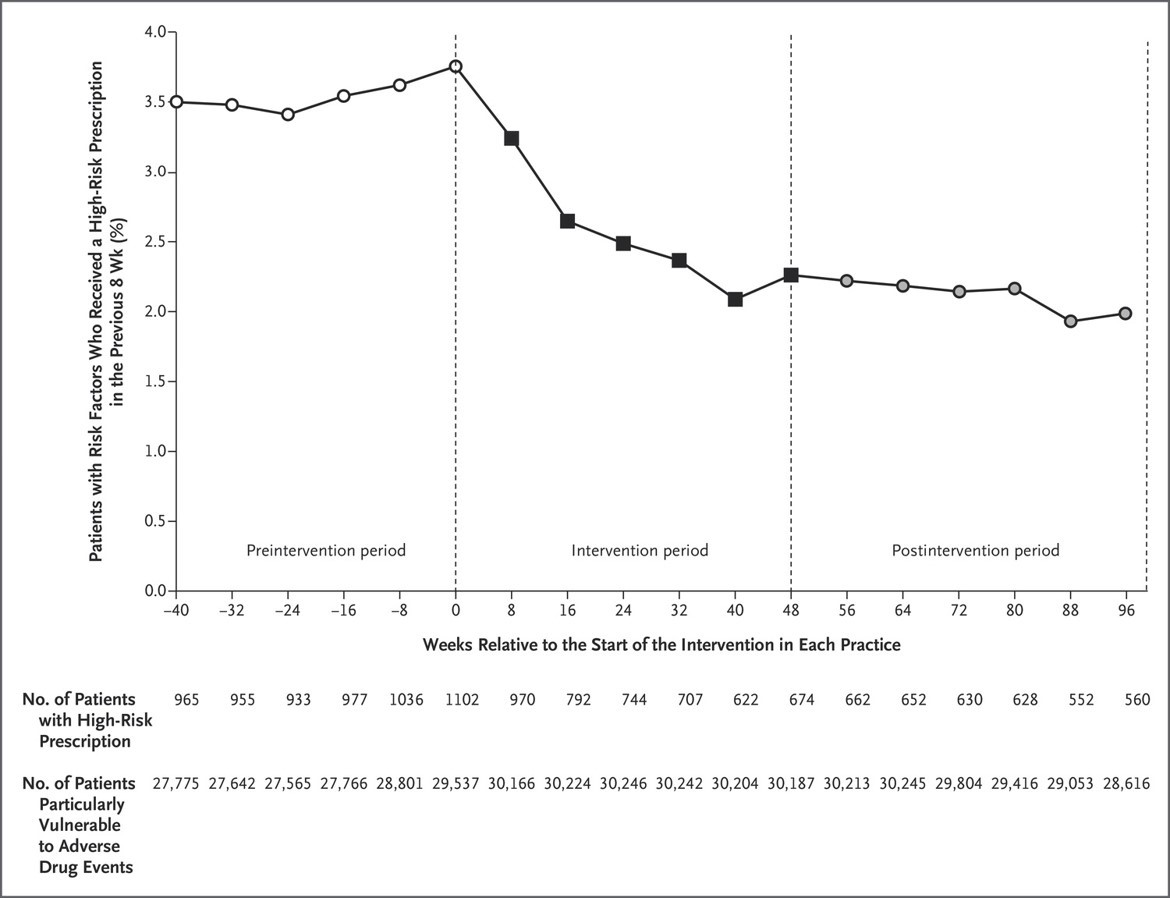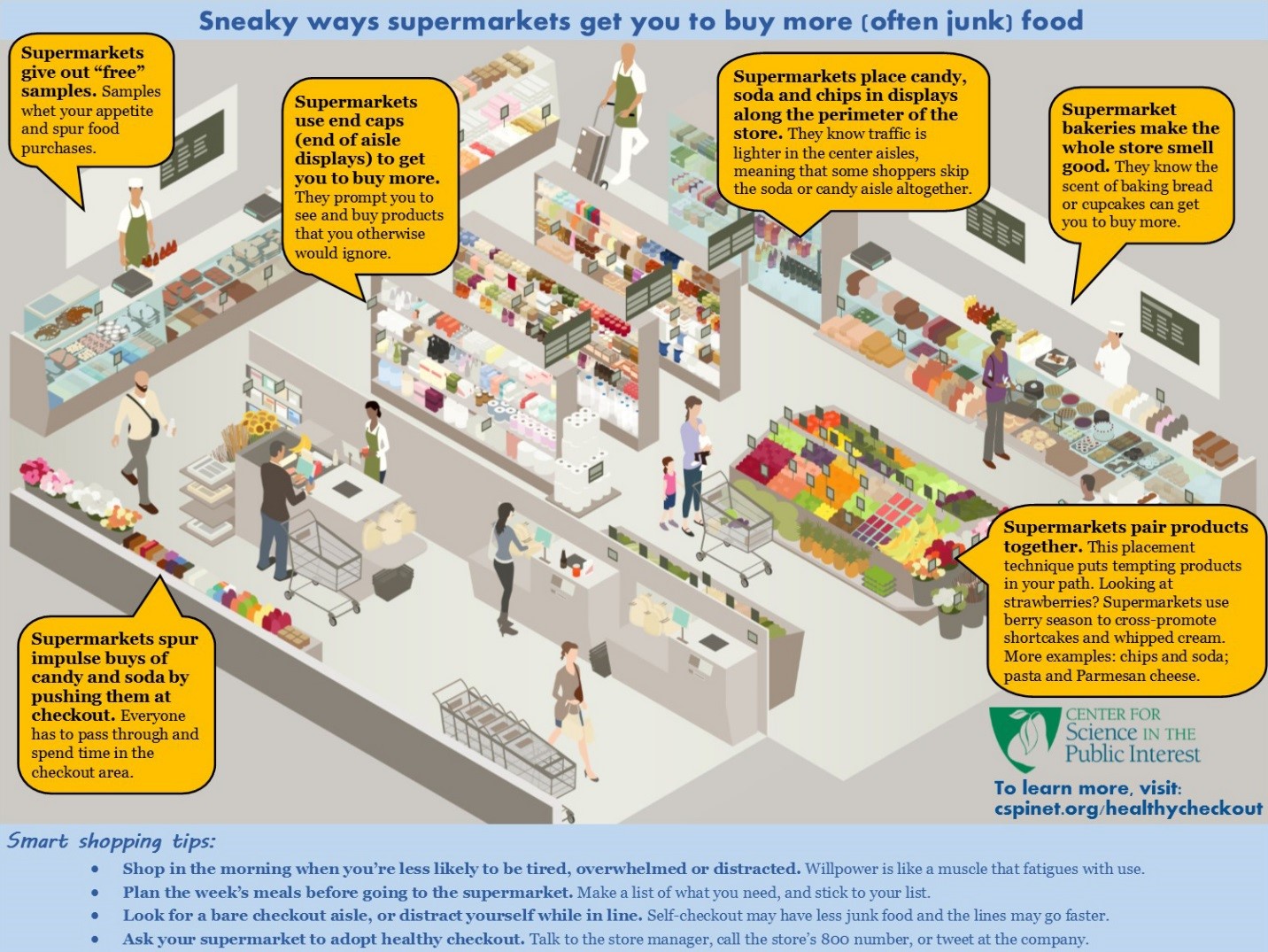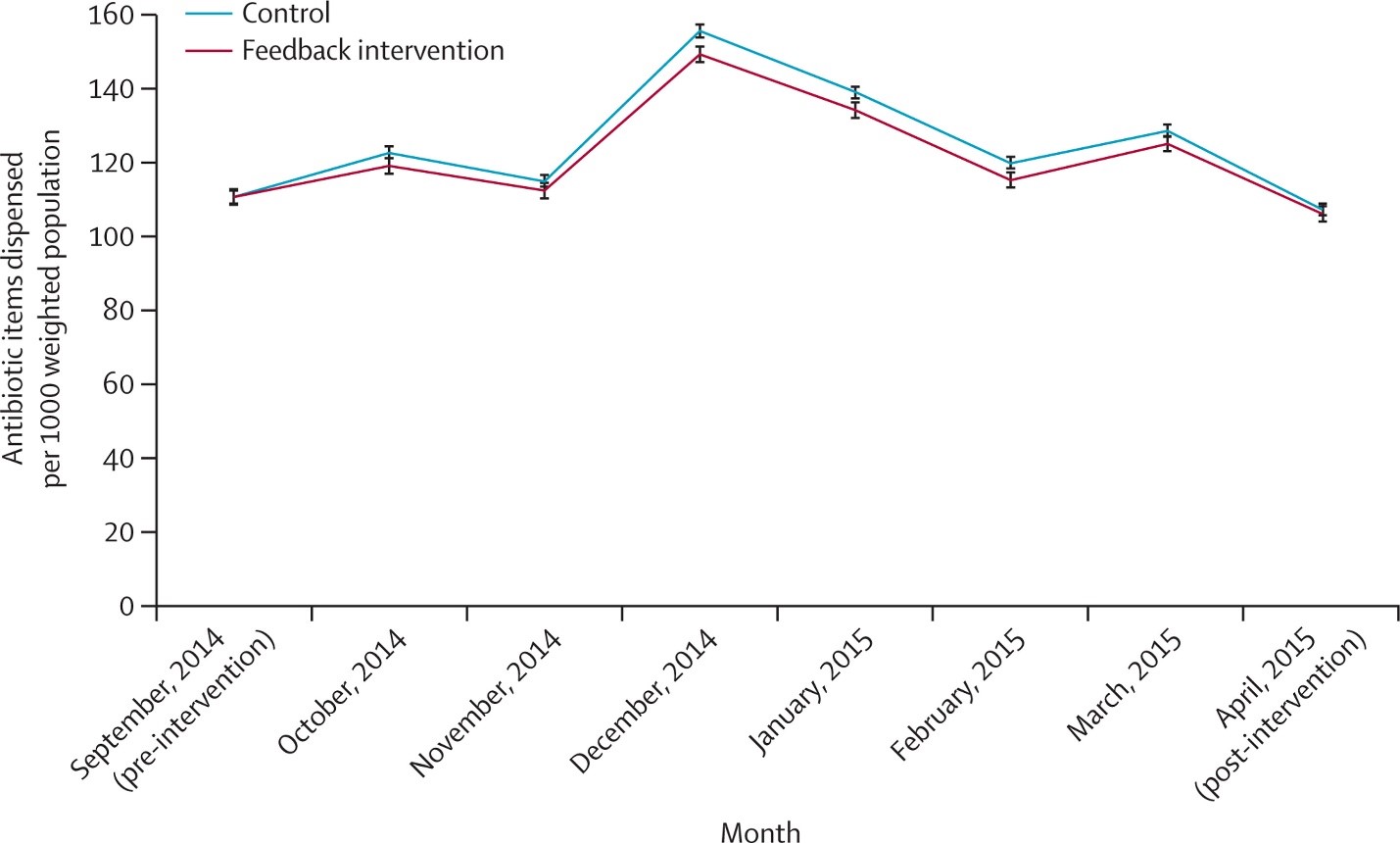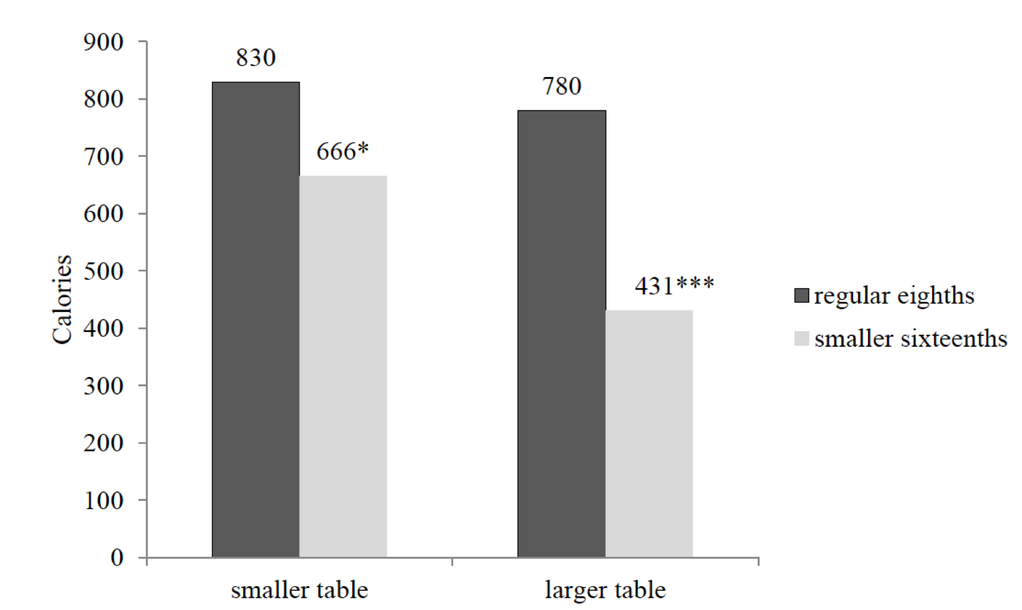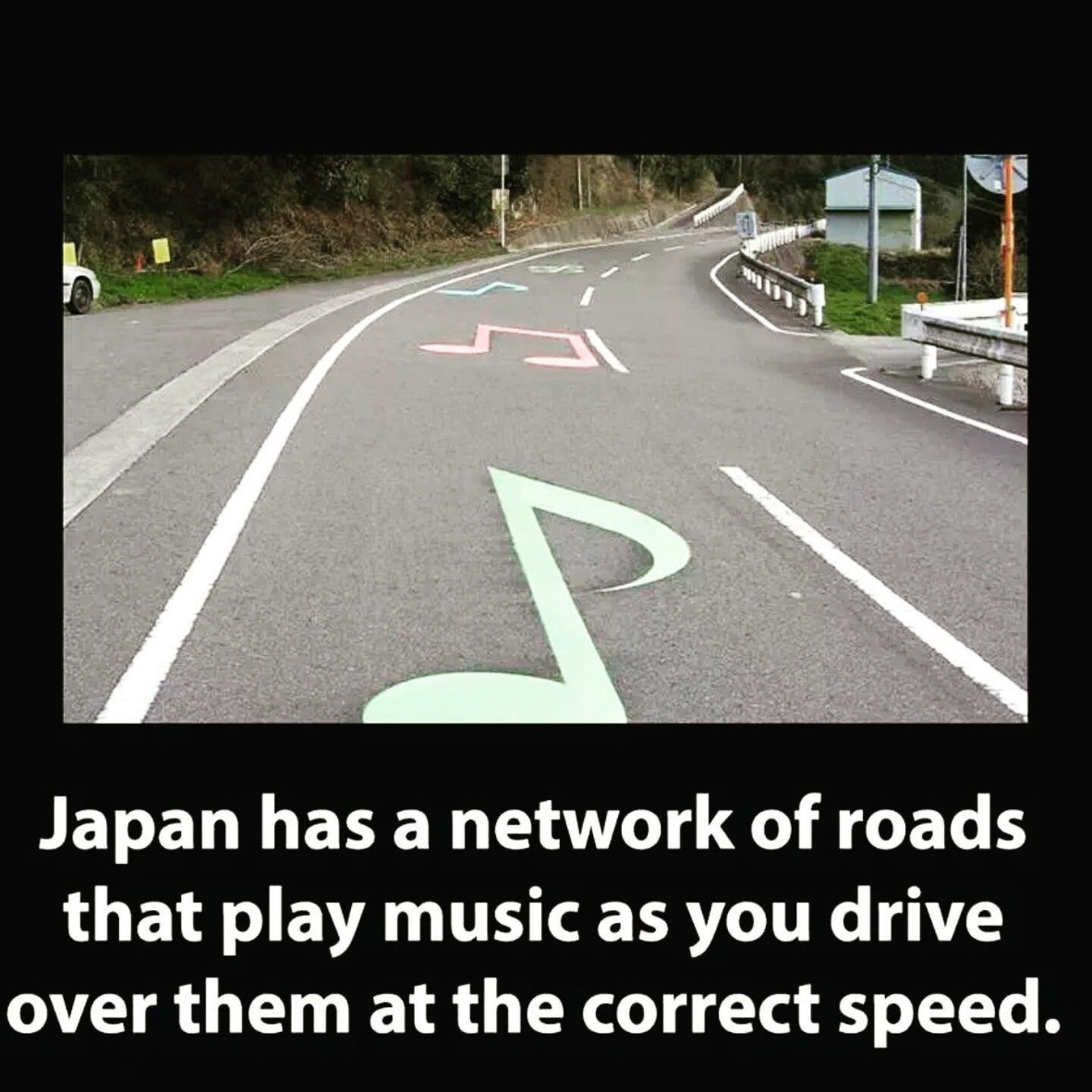
My son was underperforming at school, and I was gently encouraging him to try harder (if gesticulating like an over caffeinated Italian qualifies as gentle encouragement). He could not understand why I was upset: “Dad, most of my friends are doing drugs and engaging in unprotected sex. You should be rewarding me for being such a good kid.”
“Reward you for not being bad?!?,” I replied incredulously. That made no sense to me. “When you go above and beyond – when you exert exceptional effort to achieve important goals – then we can talk about what reward you have earned.”
The folks running South Carolina’s Medicaid program don’t appear to agree with my parenting philosophy. A couple years ago, they contracted with a private insurer, the Centene Corporation, to manage its Medicaid population. Part of the company’s approach involved rewarding Medicaid enrollees for receiving recommended preventive care.
This rewards program flips medical payment on its head. Normally, when people go to the family medicine doctor for an annual checkup, they are charged a modest copay for the visit. But through its CentAccount program, the folks at Centene pay patients for receiving such care. You got that right – they aren’t charged for the visit; they are rewarded for it!
When a Medicaid enrollee brings her infant in for a Well Child visit, she receives $10. If she makes all six visits for the year, she will get $25 in that final appointment, adding up to a $75 reward from taxpayers for bringing her child to appointments that the rest of us brought our kids to at our own expense.
In fact, here’s a list of some of the healthcare services CentAccount rewards its customers for receiving:
- Annual Adult Well Care Visit
- Well Child Visit
- Infant Well Child Visits
- Childhood Immunizations
- Health Risk Screening
- Annual Cervical Cancer
- Annual Breast Cancer Screening
- Annual Diabetes Screening – HbA1c Tests, Eye Exams, Kidney Screening, and LDL-cholesterol Screening
- Flu Shot
- Prenatal Visits
- Postpartum Visit
At first glance, it might seem obvious that such rewards are unfair. For the same reason it seems wrong to reward my teenager for not doing drugs, why should we reward a parent for vaccinating a child – for doing what any good parent ought to do?
On the other hand, it is also not fair that many Medicaid enrollees are poor enough to qualify for the program despite working full time. It is also not fair that many lose out on their hourly earnings when they take time from work to bring their children to pediatricians.
(To read the rest of this article, please visit Forbes.)


